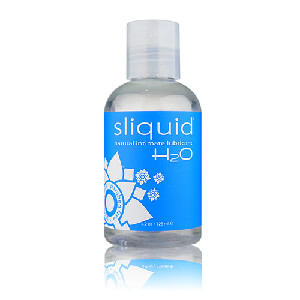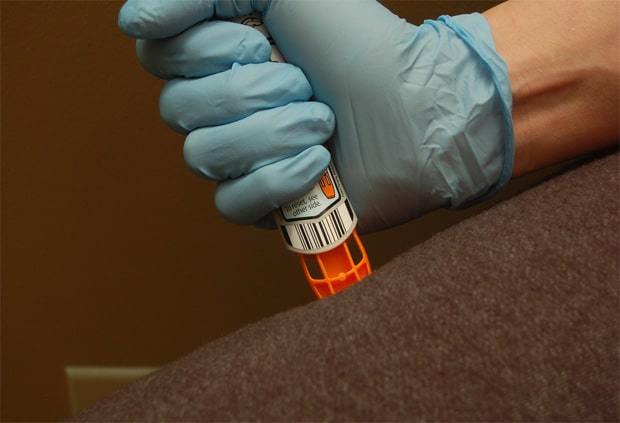This is one of the most frequent questions and conversations surrounding lubricants; why? Because a significant portion of the human population has an allergy to SOMETHING, if not multiple things.
When we talk about allergies, people usually think about repertory allergies (fur, feathers, pollen, etc.) or food allergies (nuts, gluten, dairy). Still, people do not tend to focus on contact allergies or allergies specific to certain areas of the body.

Let's take glycerin. Many people, including a fair number of women, have a sensitivity to glycerin. Granted, it's not a sensitivity or even an allergy to glycerin all the time, which is good because it is in almost every soap, shampoo, etc.
However, many people find that their vulva is sensitive to glycerin, and this sensitivity, or even allergy, results in itchiness, or even yeast infections, after using lubes that contain glycerin.
Other folks have allergies and sensitivities to the parabens in other water-based lubricants. In contrast, some people even have reactions to the sugar-free sweeteners used in flavored lubricants(like aspartame).

Others find that they react to preservatives in certain lubes, like citric acid. So what is a hypoallergenic lube? It is a lube that has ingredients that are known to not cause allergic reactions or sensitivities in the majority of the population.
A great example is all of the high-quality silicone-based lubes like Gun Oil, Wet Platinum, and Bodyglide; they all have very few ingredients, don't contain sweeteners additives, and because they are pure silicone, they don't need preservatives to keep them in great condition.
If you or a partner are really concerned about finding a lube that no one will react to, silicone-based lubes will be your best bet. Other lubricants like the entire Sliquid line are glycerin-free and paraben-free, so they are more likely to be hypoallergenic than, say, KY's water-based options.

Of course, if you know what your allergies or sensitivities are to, looking on the ingredient list will be the best thing you can do to make sure you avoid the items that cause you to react.
If you're not sure, consider trying just a little bit of lube on your genitals when you're not planning on getting down, just to see how your body will react to the new lube. Remember, it's always better safe than sorry.
As a reminder, every individual body (and even body part!) is different, so while most hypoallergenic lubes will work for almost everyone, there is usually an outlier or two. Listen to your body, experiment with good quality personal lubricants, and figure out what works best for YOU.












